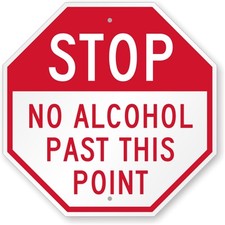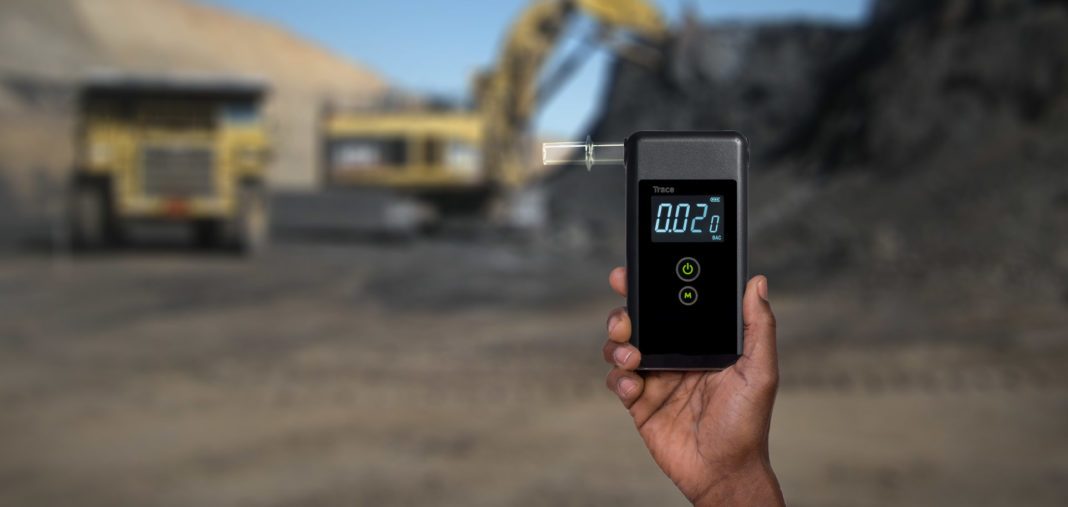Where in the world are you likely to undergo more breathalyser tests within the space of a few days than you’re likely to encounter in your entire lifetime?
Answer: at any of Zambia’s major copper mines. For safety reasons, they operate a zero-tolerance approach to alcohol consumption. Every single employee – from the sweeper right up to the CEO – is breathalysed when entering the mine premises. And at some mines, it doesn’t matter how many times you leave or re-enter – you still have to blow into the breathalyser.

This even applies to visitors. The writer of this article found this out the hard way on his first visit to Mopani copper mine, in Kitwe. Settling down to an outside lunch as a guest of CEO Johan Jansen, he ordered a beer. A bemused Jansen told him matter-of-factly: “You can order a beer, but you need to know you won’t be able to get back onto the mine premises!” The beer order was swiftly changed to a mineral water.
One can see the logic of this tough approach to alcohol. Mining is a high-risk business where people move about in dangerous conditions, operate high-tech equipment, are routinely exposed to heavy machinery, and have to work together as a team if they are to avoid death or serious injury. Alcohol impairs judgement and slows down reaction time, and even mild intoxication can have fatal results. Every mine has a horror story to tell about an accident which could have been averted if only the persons involved had been more alert.
Zero tolerance means just that – any employee found over the limit is instantly dismissed. There are no second chances. The system is well publicised at all levels, and certainly well understood. Some mines even have self-testing breathalyser stations so that people reporting for work can test themselves before they get to the gate.
The mines’ efforts have paid off, and alcoholism in the workplace now affects only a small minority of miners. By making a virtue of necessity, the mines have set a high standard for other industries to follow.
























